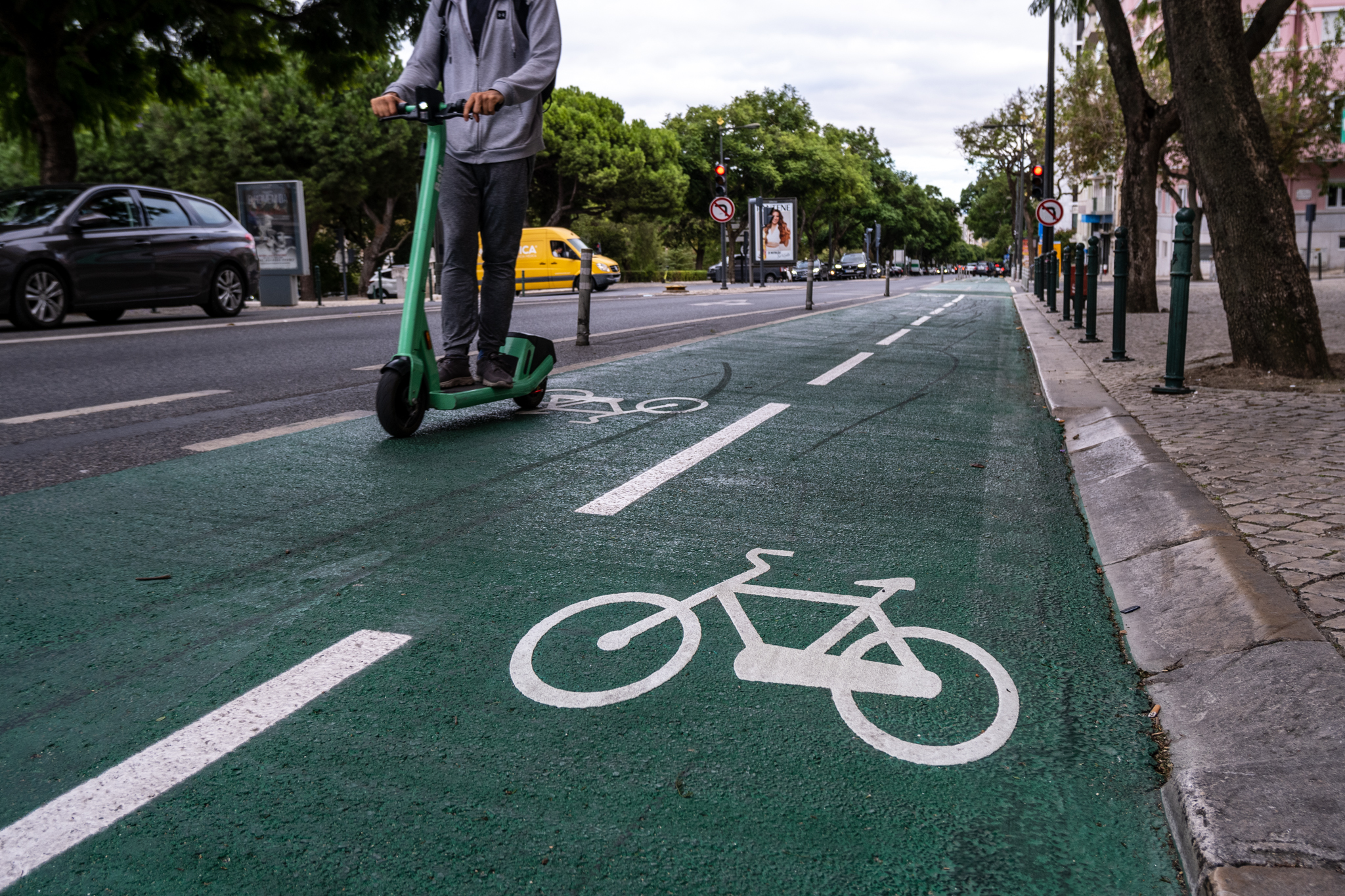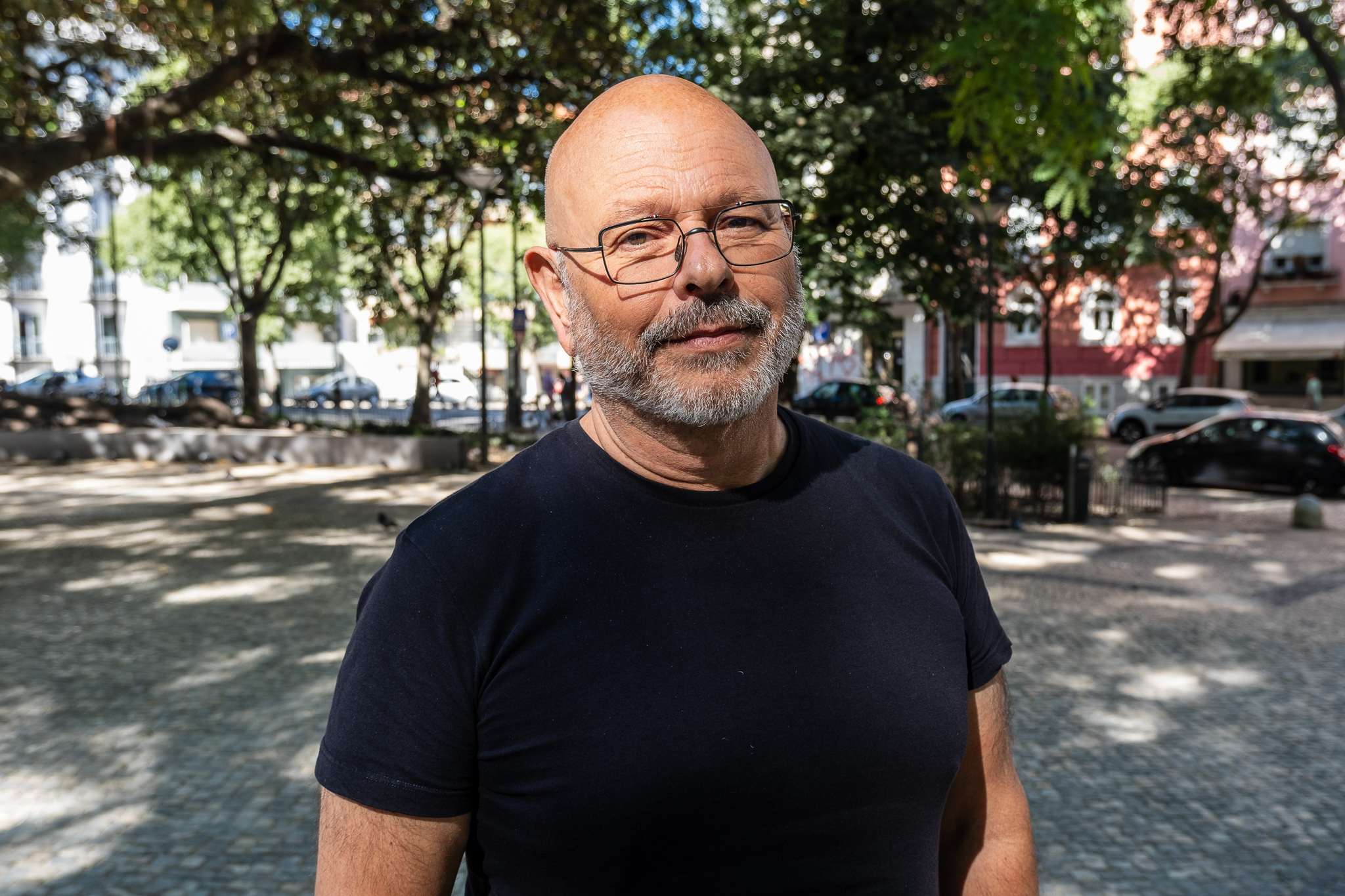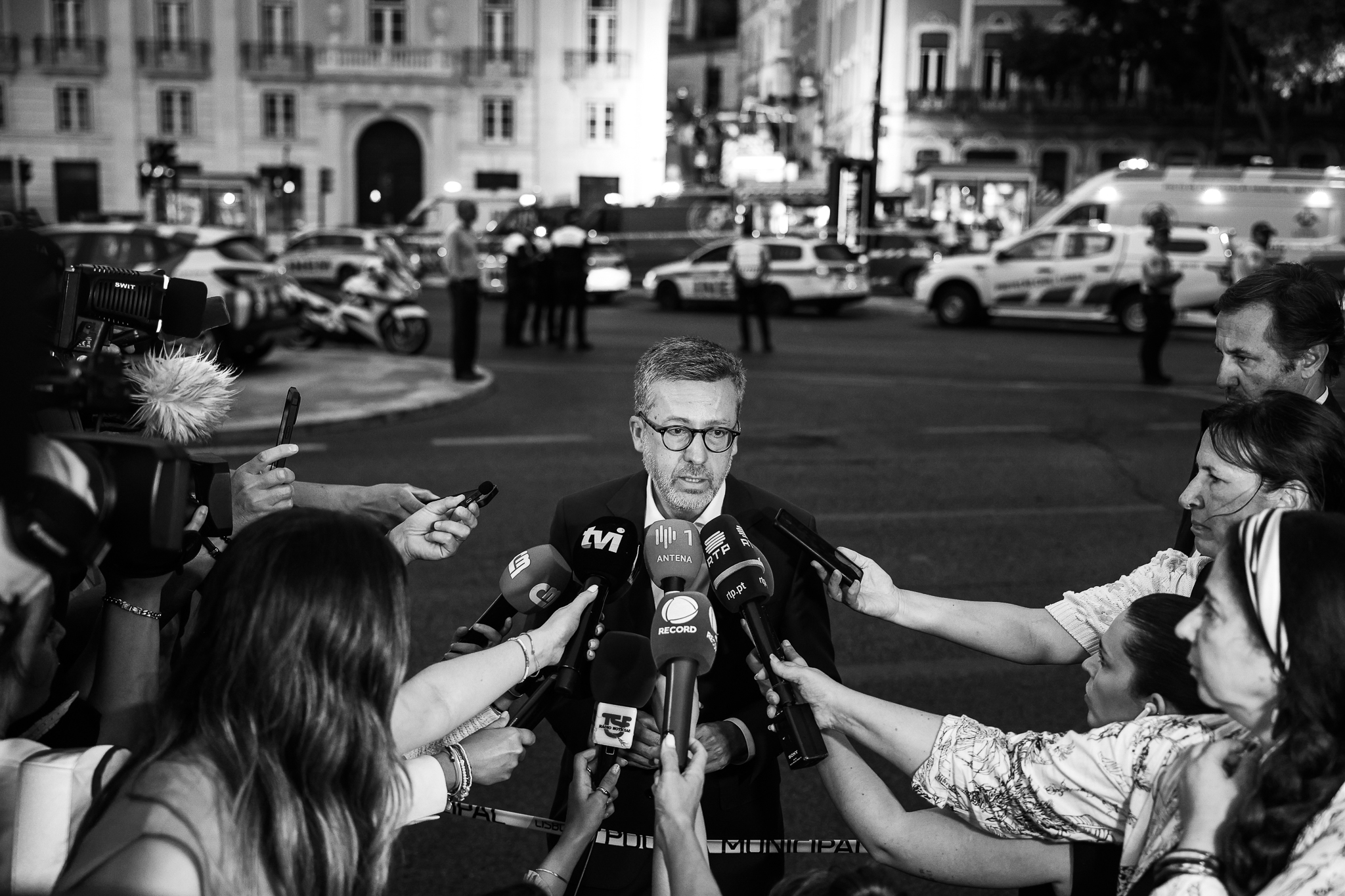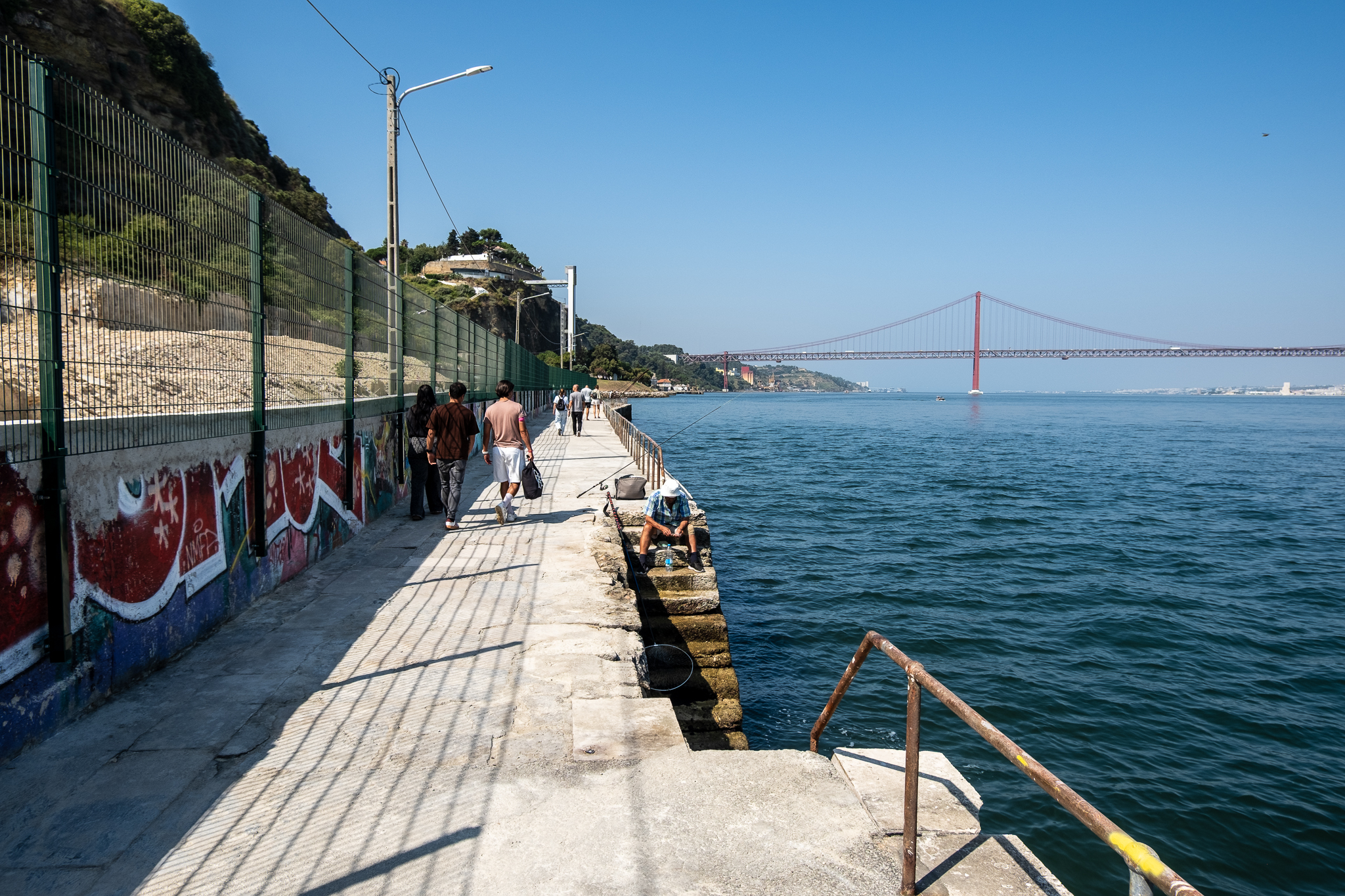The Basic Law of Climate comes into force today and constitutes a milestone for active mobility in Portugal. Portuguese legislation now stipulates that the state is obliged to promote active modes of travel. Several proposals that the MUBi association has been advocating have been incorporated into this law.

On November 5, 2021, and after a process of broad consultation, the Assembly of the Republic approved by a large majority the Basic Climate Law. With its entry into force, among other climate policy priorities, the state is obliged to promote active mobility in order to guarantee the legally enshrined right to climate balanceThey shall be liable for any loss or damage caused by their direct or indirect actions or omissions.
This is the first time that a law in Portugal has given the state (direct, indirect, regional and local administration) the obligation to promote active modes of travel (pedestrian and bicycle). This is a MUBi's conquest and all the other organizations and individuals who have been calling for the state to act decisively to change the paradigm of urban mobility in Portugal. We welcome several of the measures that we have been advocating for a long time, which we have presented to the Parliamentary Groups in the Assembly of the Republic and also sent in a contribution in the public discussion phase, are now enshrined in Portuguese law.
In the field of active mobility, the law even specifies areas of particular responsibility where the various levels of state administration should take action, namely: the implementation of national, regional and local pedestrian and bicycle mobility strategies; the development of intermodality of public transport with the use of bicycles; incentives for the purchase and use of bicycles; the offer of public bike-sharing systems and; the creation of safe cycling networks.
The law also stipulates that municipalities develop sustainable urban mobility plans (SUMPs) and approve municipal climate action plans within 24 months. Also within two years, the government must approve a mitigation plan for the transport sector in Portugalwhose emissions have been rising steadily for a decade. As part of the national energy policy, the law states that the active modes of transport are one of the main ways of decarbonizing mobility.
Also the European Commission, through the new European framework for urban mobilityThe European Green Deal, in line with the objectives of the European Green Deal, wants the national and local level to give a clear priority for active modes and public transportand shared mobility systems. Among other measures, it proposes that European Union funding in the area of mobility and transport be preferentially directed towards cities that have sustainable urban mobility plans (SUMPs), and urges Member States to create national programs to help cities and regions develop and implement these plans. O regulation of the trans-european transport network (TEN-T) goes even further, demanding that the urban nodes of the TEN-T, which in Portugal include the two metropolitan areas and 11 other cities, have SUMPs in place by 2025.
These two instruments - the Basic Law on Climate and the European Framework for Urban Mobility - will necessarily be in place in the coming years. basic pillars in urban mobility policiesIt is also important that the responsibilities of central, regional and local administrations are fully taken into account. It is essential that they are already fully taken into account in the Partnership Agreement - Portugal 2030, currently being negotiated with the European Commission, and in the subsequent operational programs for the application of EU funds.
The fight against climate change is one of humanity's greatest challenges. Achieving the emission reduction targets for this decade in the transport sector requires a a significant reduction in the number of cars in circulation and their use, especially in cities. Supporting and encouraging the use of active modes, including cycling, is one of the fastest and most efficient ways of contributing to this objective, with numerous other benefits in terms of public health and urban quality of life.
Rui Igreja, leader of MUBi, emphasizes that "In terms of mobility, the Basic Climate Law, as well as European directives, confer on the State (direct, indirect, regional and local administration) duties and obligations to promote the transition from polluting and congestion-prone individual motorized transport to greener and more sustainable modes, such as active modes and public transport.". He adds that "citizens will now be able to take legal action against the state for failing to comply with its obligations under this and other climate legislation, and for adopting policies that cause damage and contribute to the acceleration of climate change".









